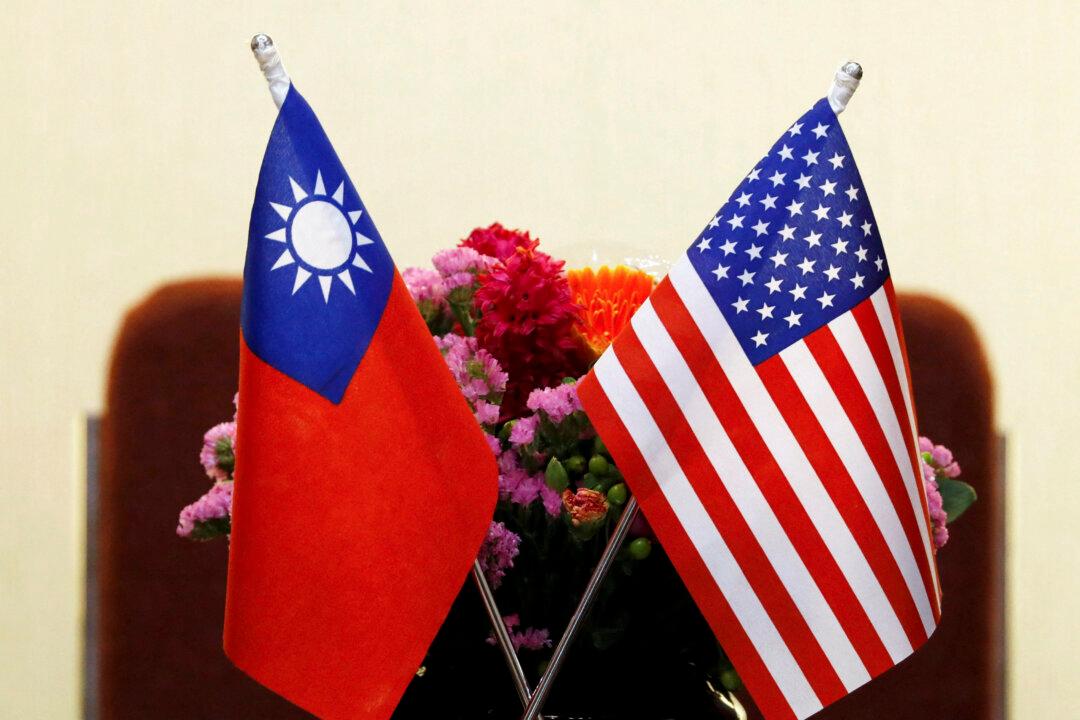A bipartisan group of House members and senators has introduced legislation to counter the Chinese communist regime’s continued efforts to isolate Taiwan in the international arena.
The legislation, called the Taiwan Allies Fund Act (H.R.2559), was introduced in the House by Rep. Raja Krishnamoorthi (D-Ill.), ranking member of the House Select Committee on the Chinese Communist Party, on April 1.





